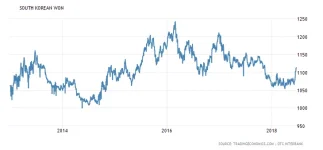PD705
Hasn't posted much yet...
- Joined
- Nov 6, 2014
- Messages
- 258
- Reaction score
- 265
- Points
- 63
- Genesis Model Type
- Genesis G70
Does seem odd. Maybe it is something that changes for 2019 if/when that happens...
Page 3 of the Canadian brochure covers Genesis at Home warranty:
Canadian G70 brochure
Canada is a separate division, unaffiliated with the U.S.. Programs are developed separately. But remember, the scheduled maintenance isn't given away as charity. It's factored into the cost of the car, so part of the higher price of the vehicles in Canada goes to that.










